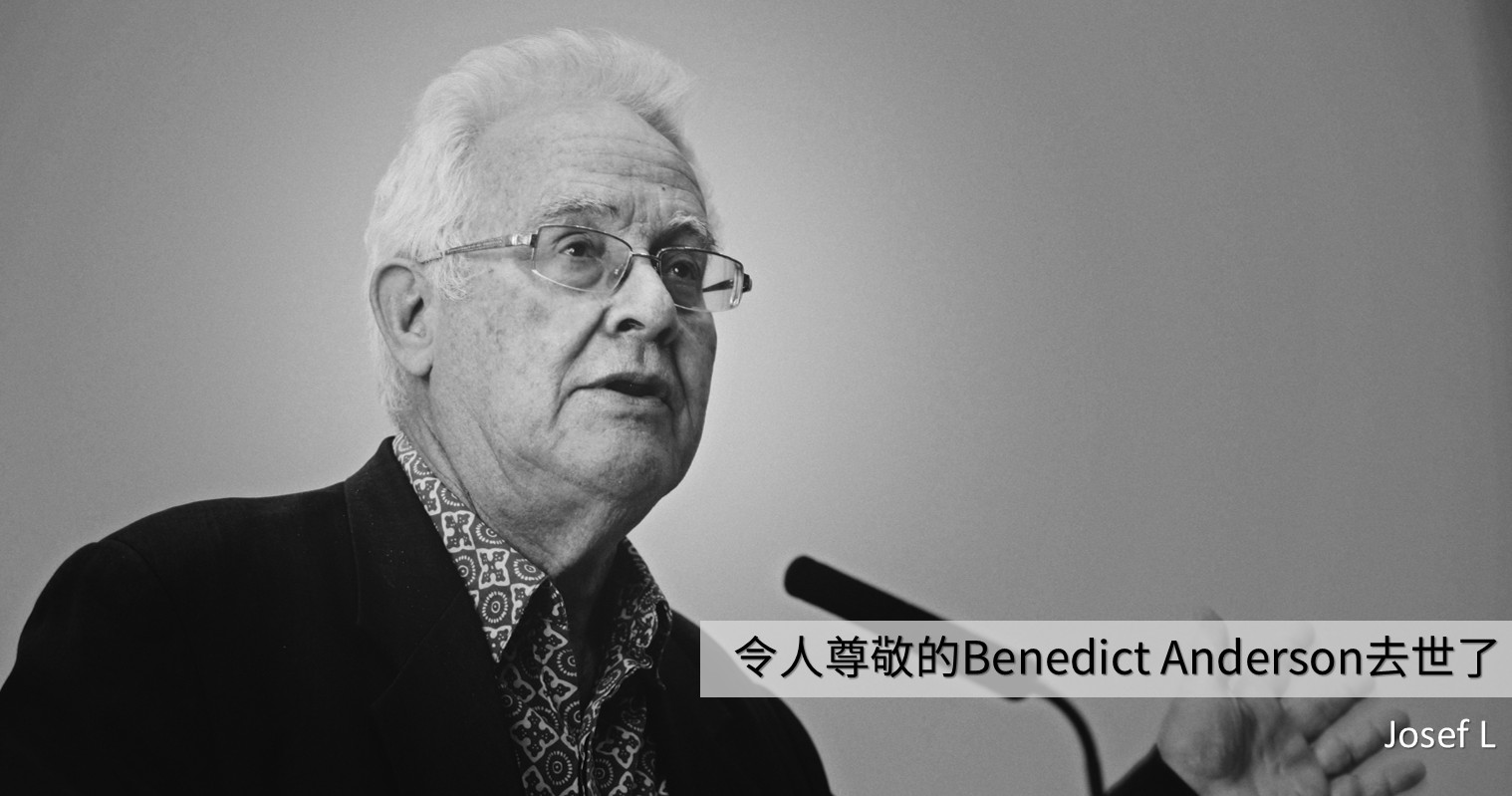

Media thus constructed a sense of national coherence, establishing a bond between its individual groups. As a result of this exchange, people become aware of their fellow citizens' existence, their shared experience and heritage, and realize that they belong to a community with hundreds of thousends or even millions of members even though these members will never come to physically meet each other. With the help of newspapers, magazines, radio or television programs, a country is able to engage in a national conversation. Self-determination, an elevated trust in the individual's majority, and freedom from obstructive dependencies formed the hallmarks during the late 17th and early 18th century.įinally, Anderson explains that nations are imagined as communities, because they de-emphasize the socio-economic disparities amongst their populations in favor of the idea of a "deep, horizontal comradeship" in which all members share a certain set of 'sacred' features binding them together as a community.Ī central element of Anderson's concept is the role of media, especially print media. Anderson points out that "no nation imagines itself coterminus with mankind." Nations are also imagined as sovereign, since the rise of nation states was profoundly driven by the Enlightenment's deconstruction of the "divinely-ordained, hierachical dynastic realm" as the legitimate ruling mechanism. Nationalisms are limited in the sense that they attempt to define themselves against other nations. The way these "imagined communities" or nations are conceived of contains two further characteristics: they are imagined as limited and sovereign. Anderson explains that "in fact, all communities larger than primordial villages of face-to-face contact are imagined." Nevertheless, they perceive themselves as part of a larger group who share a common set of features such as language, religion or origin.

Nations are "imagined," because people of a specific nation may never come to meet every single member of their nation in person, nor even hear of them. Anderson accordingly defines 'nation' as an "imagined political community." Anderson argues that "nationality, nation-ness, as well as nationalism, are cultural artifacts." He suggests that the term 'nation' or 'nationalism' ought be thought of in terms of kinship or religion rather than ideological 'isms' such as fascism or liberalism.

In doing so, he emphasized the key role of cultural aspects in forming an understanding of nations, and the way people conceive of themselves as a coherent community. In his seminal work Imagined Communities, Benedict Anderson investigated the constituting features of nationalisms.


 0 kommentar(er)
0 kommentar(er)
